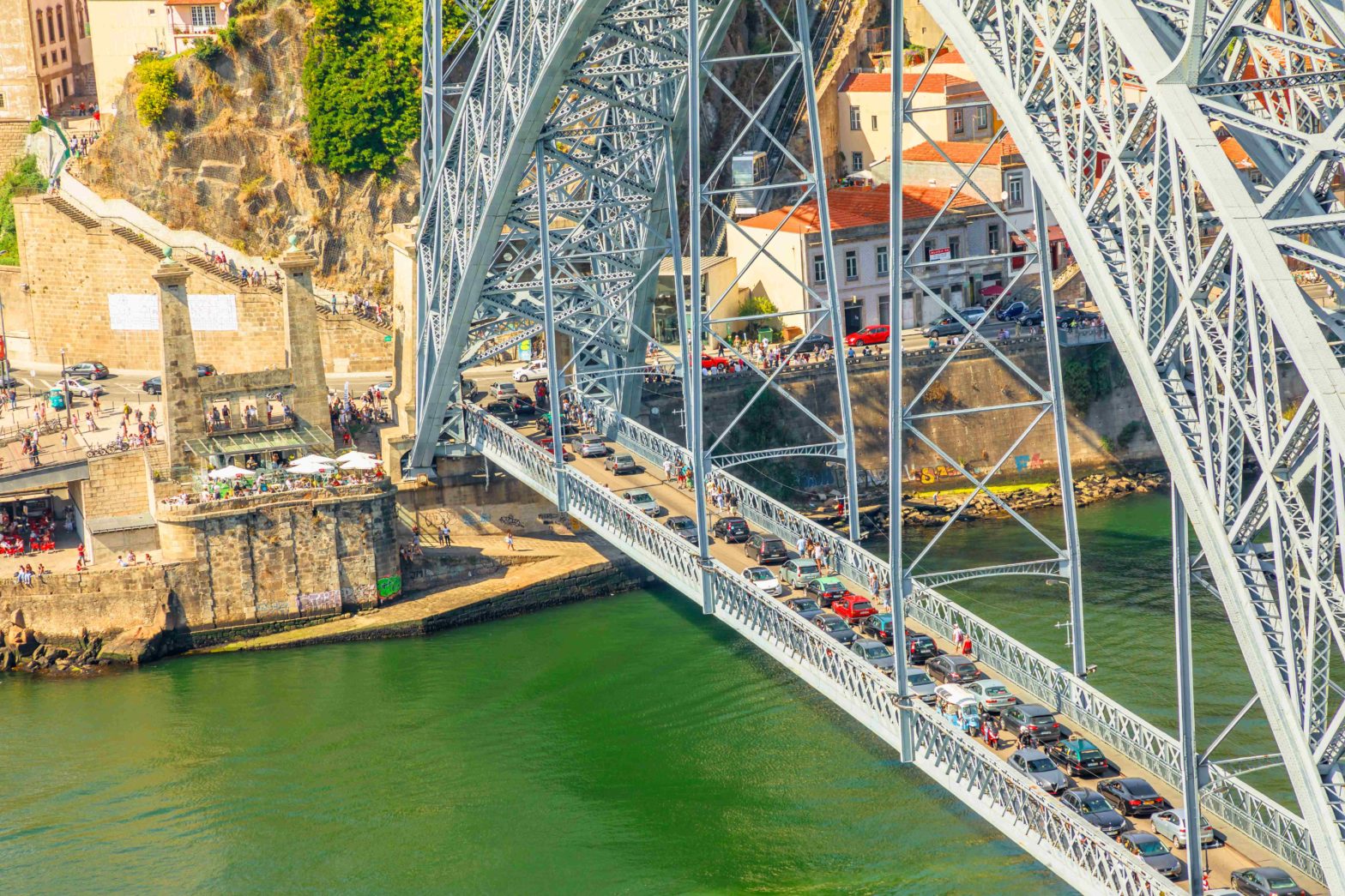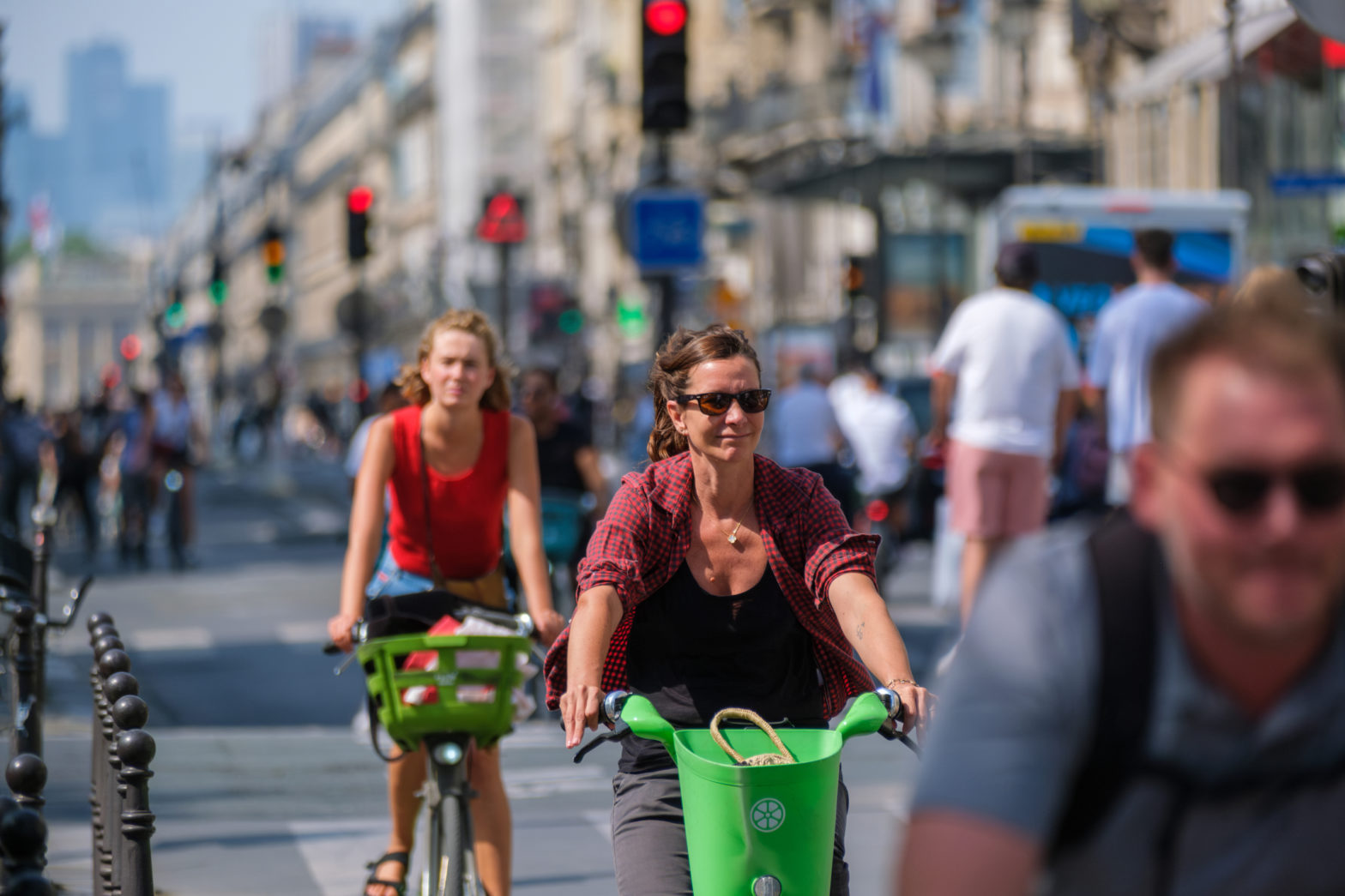
Photo: Photo 101846999 © Bennymarty Dreamstime.com
Porto needs to break its ‘car addiction’, says deputy mayor
09 June 2023
by Christopher Carey
Portuguese cities need to break their dependence on cars and move towards more sustainable modes of transport, Pedro Baganha, Porto’s Deputy Mayor for Urbanism, Public Space and Housing, told Cities Today on the sidelines of the recent Eurocities Mobility Forum in Porto.
Baganha said the city is in the midst of a “soft revolution” in transport, with modal shift one of the key priorities for municipal leaders in the coming years.

“We’re trying to move away from the car addiction that characterises the nation and the inner city.
“We are a very ancient city with a very old structure, and we don’t have enough public space for segregated bike lanes for instance, so we strongly believe investing in public transportation is the way to get people out of cars.”
Porto, along with Lisbon and Braga, has frequently exceeded the European Union’s directive on nitrogen dioxide (NO₂) emissions, with cars cited as the main culprit.
This led to the European Commission referring Portugal to the EU’s Court of Justice in November 2021.
Shift in mindset
Despite its developed public transport system, cars still dominate Porto’s streets – something Baganha says will require a shift in mindset.
“We’re investing heavily in changing the paradigm of how people move in the city through services like the metro system and the development of a new bus rapid transit line, which will be the first in the nation.
“At the same time we have a very active and aggressive policy of reducing the price of public transport and creating intermodal interfaces throughout the city, so that buses that come from the outskirts align with and allow people to switch modes to the metro or other inner city buses.”
The city is currently expanding its metro/light rail network, with one new line under construction and a public tender for a second line announced last month.
It is also hoped that measures like the new bus rapid transit system – which is expected to be up and running in 18 months, the introduction of free public transport for those aged under 18, and discounted fares for 18-30 year-olds will provide some incentives to not own a car.
“People use cars for several reasons. One is the freedom it gives, even an economical freedom – you are able to get a job very far away from where you live if you own a car, and that’s one very valid reason.
“But the truth is that culturally, owning a car is almost a status symbol – we have to change this.
“We have to make citizens realise that it is not sustainable, not just environmentally, but also socially and economically.”
Image: © Bennymarty Dreamstime.com








